Dozens gathered at a Mill Woods park Sunday night to raise awareness on the brutal murder of an eight-year-old girl from India.

The body of Asifa Bano was found in January in the city of Kathua in the northern Indian state of Jammu and Kashmir, which borders Pakistan and China.
Police said she was kidnapped, sedated, and raped repeatedly over the course of three days. She was then strangled, as well as hit in the head with a large rock.
Eight people have been charged in relation to Asifa’s death, with many speculating religious motivations were behind the attack. Asifa’s family was Muslim and members of the nomadic Bakarwal tribe, while the men accused in her death were Hindu. Some of them were police officers.
While the incident has cause heightened tensions in India, particularly the state of Jammu and Kashmir, organizers of Sunday’s rally in Edmonton focused on bringing awareness to the issue of violence against women and children in the country.
Despite the tragic death occurring a world away, its brutality has gained worldwide attention.
“A lot of people have asked, ‘Why are you holding a vigil in Edmonton, somewhere that’s so detached from where this actually happened?” co-organizer Cameron Jones said. “I say, if you read this story, it doesn’t matter.”
“That event should have the same impact on you, no matter where it happened. No matter who it happened to, it should have an impact. Something needs to be done.”
Jones reached out to the organizers of a rally in Surrey, B.C. They put him in touch with members of Edmonton’s South Asian community, who had also expressed interest in holding a rally. He met Gagan Dhillon, and together they put together the event.
Over 200 people came out for Asifa, with Dhillon saying it’s a cause that impacted each individual who attended.
“They are just here for humanity,” he said. “So that they all can stand together, so we all can just show the world that we are aware of this. We are not going to tolerate this.”

Get daily National news
The vigil called on the Indian justice system to take swift action against the men, as certain political entities and individuals rally around the accused.
“We are expecting quick actions,” Dhillon said.
“We don’t want years and years to go by, waiting and watching the criminals — the perfect word is devils — just stay in jail for years and years.”
In the wake of the vicious attack and murder, the Indian justice system has imposed a death penalty on those found guilty of raping a child under the age of 12. Jones believes while it’s a step in the right direction, it doesn’t address the issue of prompt action taken in cases of violence against women and children in India.
“That doesn’t end the issue. That’s a good move, a move in the right direction,” he said. “But that’s something that takes off a little bit of pressure, and what we want to do is mount the pressure. We want to create as much pressure as possible, so that inaction is impossible.”
A petition has been started by the organizers, calling on the public to give Asifa a voice. According to the petition web page, signatures will be sent both to the consulate in Ottawa and the parliament in India.
- Two teens arrested in connection with First Nation double homicide in northern Quebec
- U.K. lottery winner, 80, jailed in $424-million counterfeit drugs bust
- Unsealed court records allege Quebec militia plot to seize cottages by force
- Luigi Mangione will not face death penalty in federal trial, judge rules
The brutal crime has exposed tensions between Hindu-majority Jammu and the Muslim-majority Kashmir valley.
Anti-India sentiment runs deep in Kashmir, which in recent years has seen renewed rebel attacks and repeated public protests against Indian rule.
Nuclear-armed India and Pakistan each administer part of Kashmir, but both claim it in its entirety.
Rebels have been fighting Indian rule since 1989, demanding Kashmir be made part of Pakistan or become an independent country. India accuses Pakistan of arming and training the rebels, a charge Pakistan denies.
Most Kashmiris support the rebels’ cause while also participating in civilian street protests against Indian control.
Nearly 70,000 people have been killed in the uprising and the ensuing Indian military crackdown.
— With files from The Associated Press







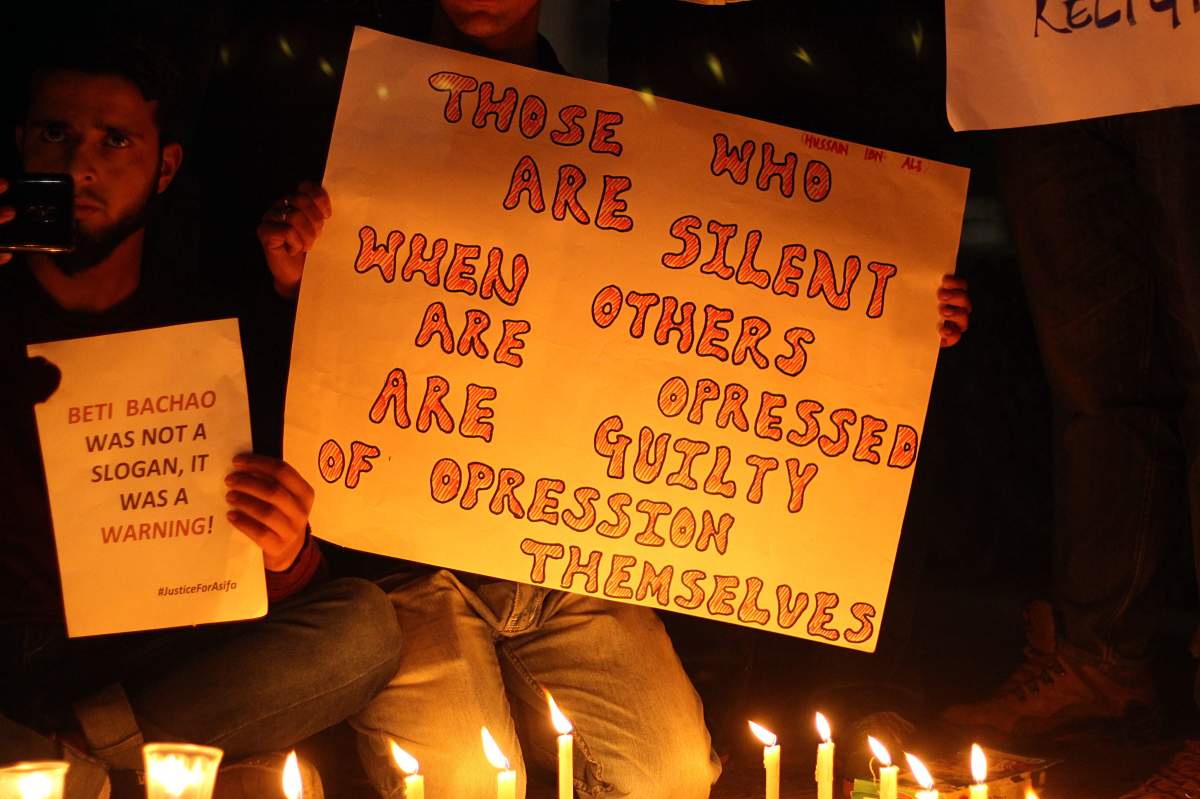

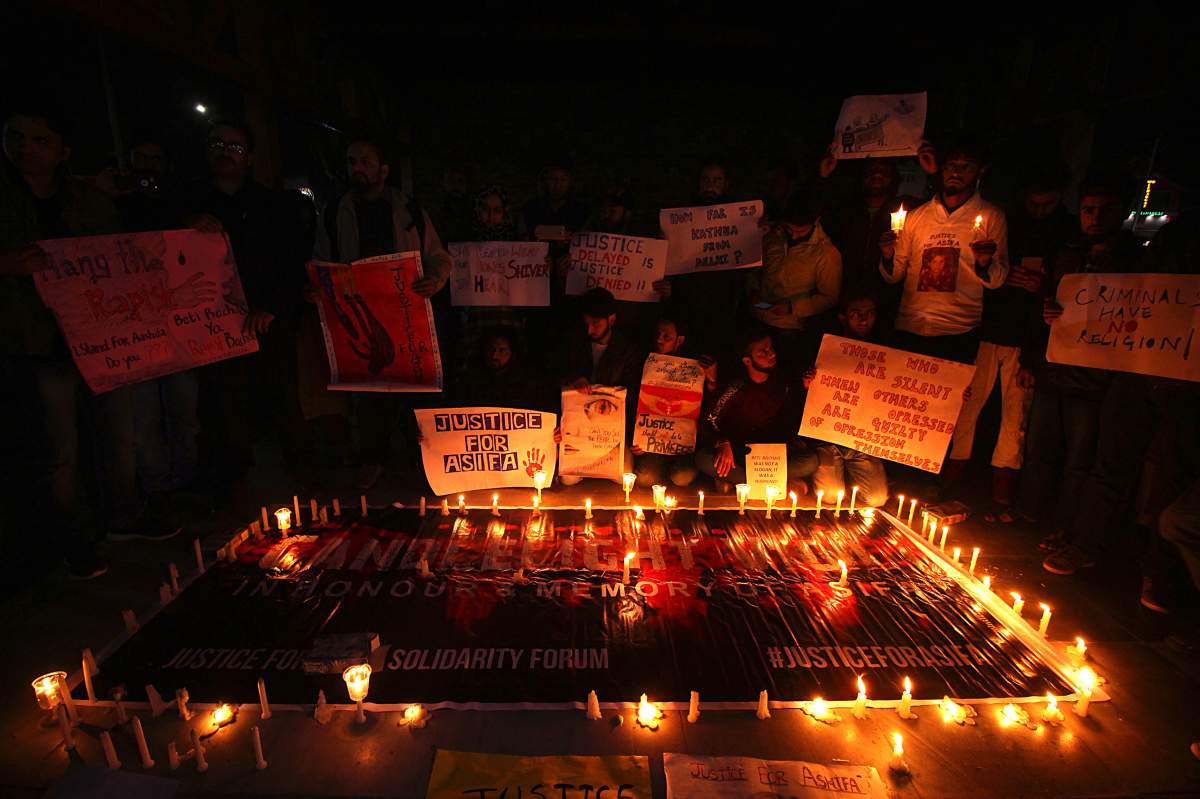

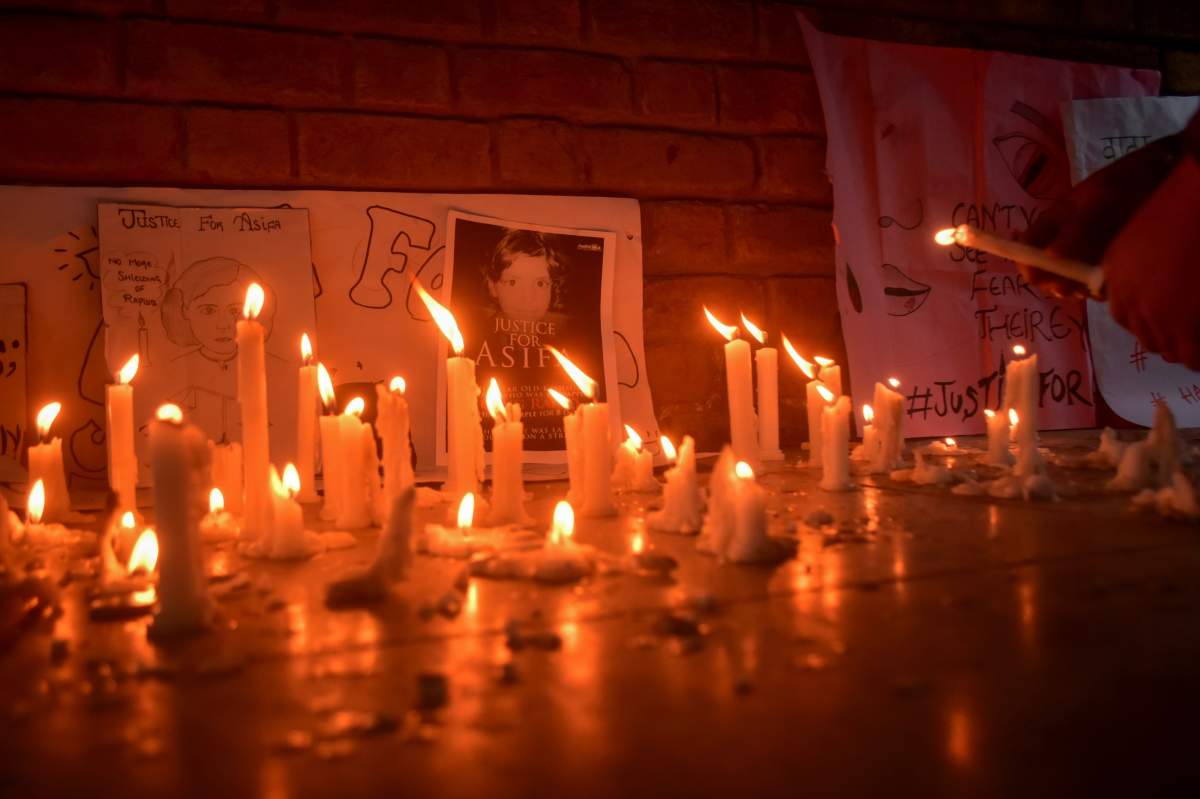
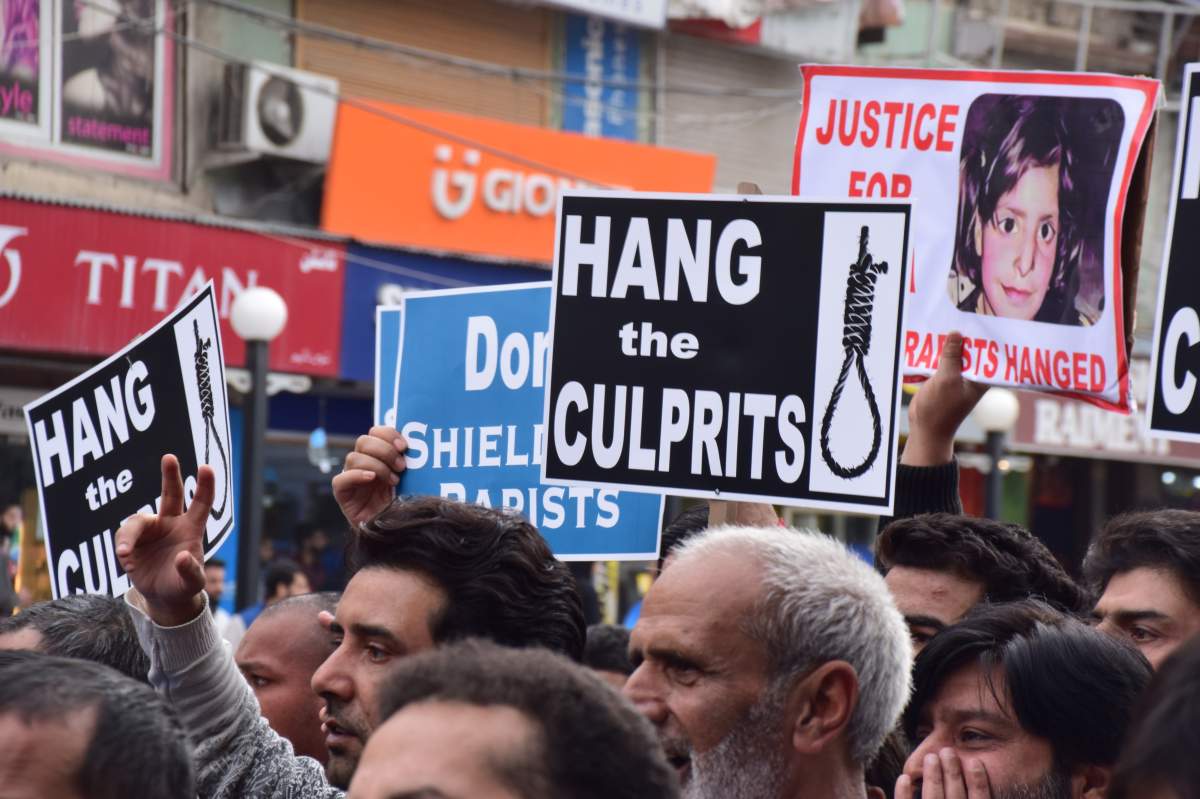






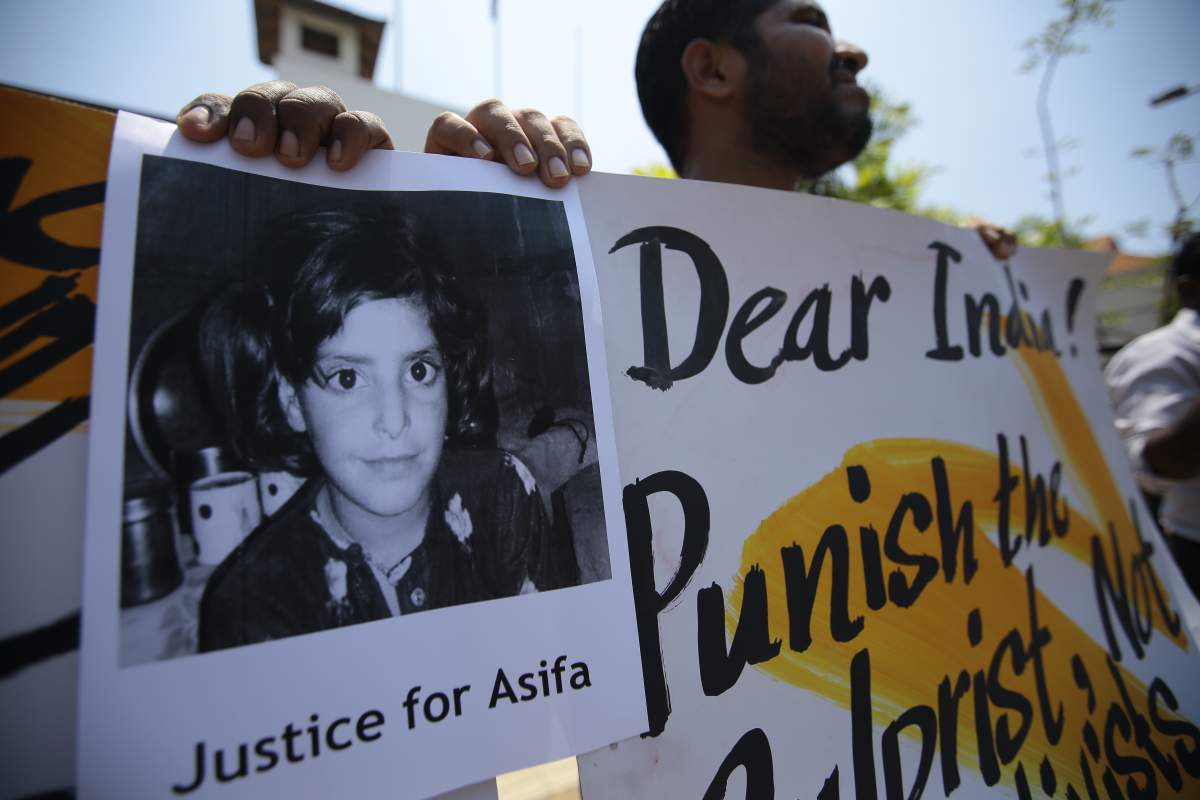
Comments